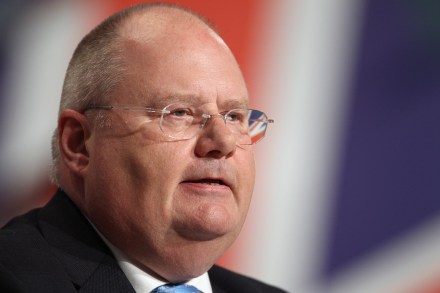Stable house prices won’t happen by themselves
Grant Shapps has impressed in the housing brief, arguing that house prices rising faster than wages is not a good thing (with which Policy Exchange’s report, Making Housing Affordable, agreed). He has probably been encouraged by the fact that some recent polls have shown even a majority of owners want prices to stop rising. Perhaps having your kids live with you until they are 40 just isn’t a popular option? More so, rising house prices only benefit those who downsize (now rare) or own multiple properties; and in the wider economy it mostly discourages productive investment and encourages borrowing – hardly good things. But while Shapps’s aim is laudable,










